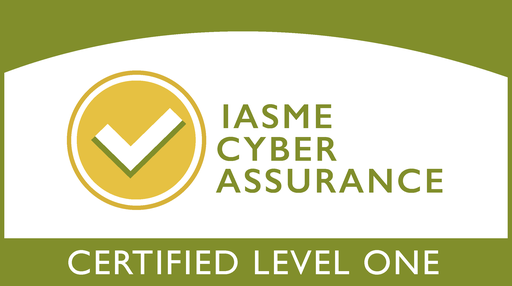Cloud email services provide email systems with access to them over the internet. With cloud-based email hosting, your chosen email provider serves your email client and represents like any other cloud-based service you already use.
In addition to providing you with the tools you need to receive, send, and store email messages, cloud emails also provides the necessary security, technology, and maintenance. You simply use their service to host your email solution.
Here are the main reasons to choose cloud-based email services rather than a traditional on-premises email server.
- Convenience: Cloud-based email hosting gives you access to your messages via any connected device. As long as you have internet access and a connected device, you can take care of business.
- Cost: An in-house email server might seem like a cost-effective way to get the services you need, but it really isn’t. You’ll also have to purchase an operating system and email platform.
- Up-to-date security: The main email providers have made cloud computing security their number one priority.
- Scalability: When your company begins growing fast, a cloud email service means you won’t have to worry about scaling up your IT systems for email.
- Disaster recovery: If your email server becomes infected with a virus or fails completely, recovering lost data can be difficult. Sometimes, it’s impossible to recover. An email cloud platform has redundancy built-in. That means you can recover your messages, contacts and any data stored within your email system quickly and easily.
Examples of Cloud Email
Microsoft Office 365
Gmail
Gmail is Google’s email client. Gmail provides several features that allow you to customize your inbox in any way that you want. Gmail allows you to install add-ons that change how your inbox functions. There are dozens of add-ons within Gmail that can add extra security, business features and more. You can also link popular services with Gmail, such as Evernote and Dropbox.
Gmail has some pros and cons concerning security. Google collects information from the emails you send and receive. Google also has no in-built end-to-end encryption between Gmail users, though it does have two-factor authentication.
Gmail has free and paid plans.
iCloud Email
iCloud is the suite of apps and features that power Apple products. One service provided is iCloud Mail, which has an interface that is very easy to navigate.
You can also create inbox rules so if you go on vacation, for example, you can automatically respond with a message that stops sending when your vacation is over.
iCloud has free and paid plans.

